
Review: Arsenic transport in rice and biological solutions to reduce risk
Plant Science Research Weekly, Research0 Comments
/
Rice is a staple food for half of the world’s population, but it accumulates the toxic metalloid arsenic (As), which is present in soils and in plants in two forms, arsenate (AsV) and arsenite (AsIII). Chen et al. review the genetics and biochemistry of As uptake and sequestration into the rice grain,…
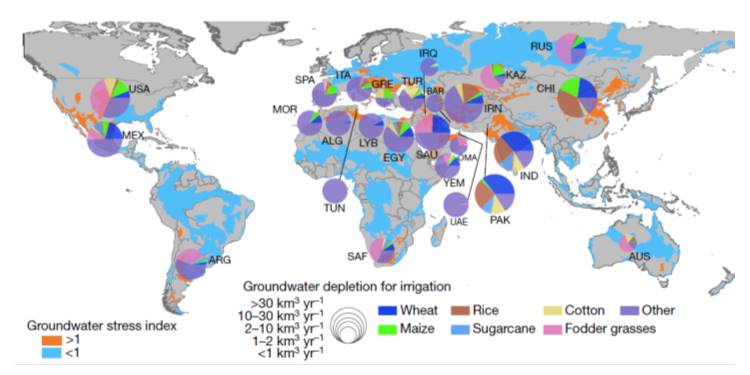
Groundwater depletion embedded in international food trade ($)
Plant Science Research Weekly, ResearchMany food-producing regions rely on the withdrawal of water from non-renewable underground sources, a condition called groundwater depletion for irrigation (GWD). Globally, GWD increased by 22% between 2000 and 2010. When food produced with GWD is exported, the exporting country is essentially exporting…
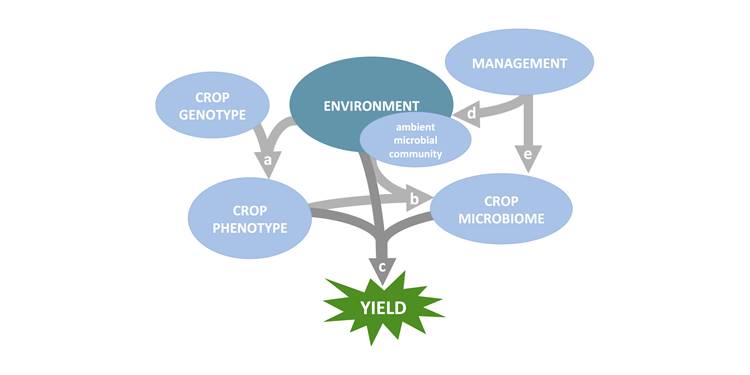
Perspective: Research priorities for harnessing plant microbiomes in sustainable agriculture
Plant Science Research Weekly, ResearchBeneficial microbes help plants take up nutrients, confer protection against pathogens, and can even affect flowering time. Busby et al. argue for a coordinated effort between researchers and farmers to study plant microbiomes with the goal of using them to enhance productivity. The authors define and…

Are GMOs good or bad? From the video series "Kurzgesagt – In a Nutshell"
Education, Education General, Education General Public, GP Multimedia, Multimedia, MultimediaAmazing - over 1.5 million views in less than 24 hours - this is a popular video series!
Here is a list of sources from the YouTube page:
SOURCES:
#What is natural:
GM insulin:
http://bit.ly/2ncHaW5
Genetic engineering for thousands of years:
http://bit.ly/2eCHKfi
http://bit.ly/2mLCvPm
CRISPR:
http://bit.ly/2ncI2uN
#…
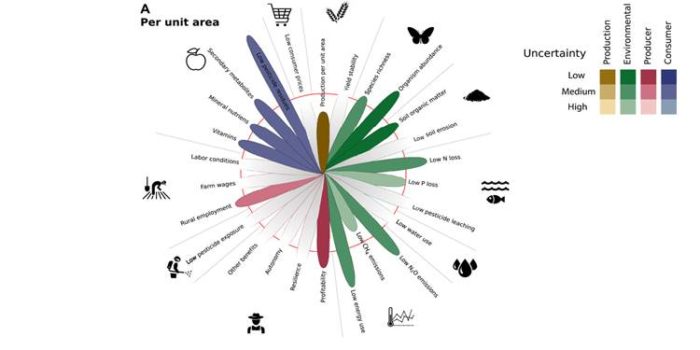
Review: Many shades of gray – The context-dependent performance of organic agriculture
Plant Science Research Weekly, Research“The benefits of organic agriculture are widely debated. Although some promote it as a solution to our sustainable food security challenges, others condemn it as a backward and romanticized version of agriculture that would lead to hunger and environmental devastation.” Seufert and Ramankutty address…
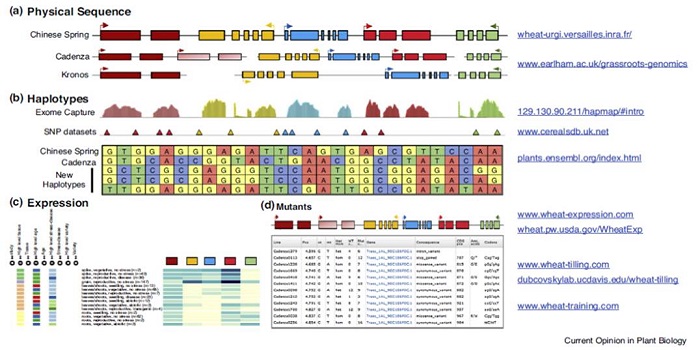
Review: Wheat genomics comes of age
Plant Science Research Weekly, ResearchDue to its highly repetitive, polyploid genome, wheat genomics has lagged behind that of other cereals, but new tools promise to begin closing that gap. Uauy reviews these new tools, which include access to full genomes of several wheat varieties, gene expression data from hundreds of publicly available…
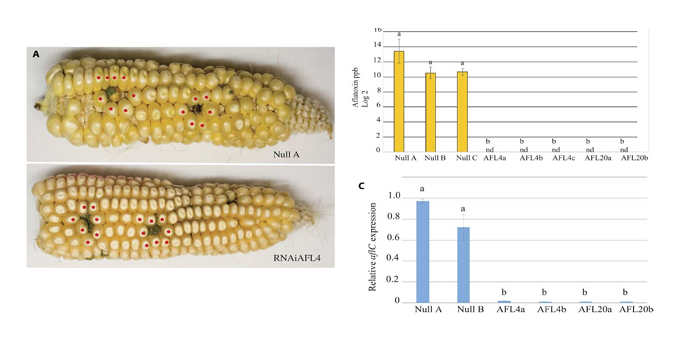
Aflatoxin-free transgenic maize using host-induced gene silencing
Plant Science Research Weekly, ResearchAflatoxins are toxic metabolites produced by some species of Aspergillus fungi that can occur on numerous crop plants. When ingested by animals, aflatoxins cause health problems including liver cancer and stunted growth. Thakare et al. used host-induced gene silencing (HIGS) to block aflatoxin production…
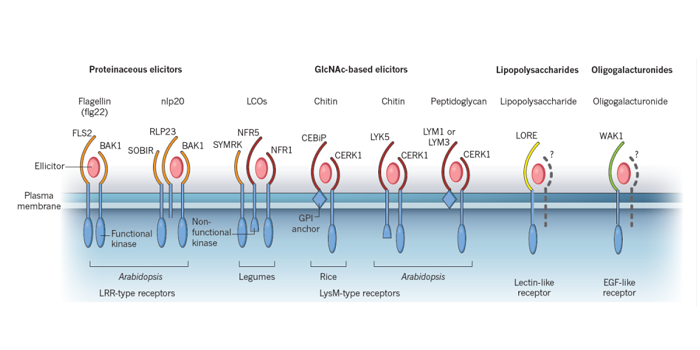
Reviews: Nature Insight: Plants ($)
Plant Science Research Weekly, ResearchNature journal published a special “Plant Insights” section featuring several excellent reviews. Zipfel and Oldroyd review Plant signalling in symbiosis and immunity (10.1038/nature22009), Bevan et al. write about Genomic innovation for crop improvement (10.1038/nature22011), Scheres and van der…

Toward Designing Tulips for a Warmer World
Blog, Plant Physiology, Plant Physiology: On The Inside, ResearchMost cultivated tulips (Tulipa gesneriana) are produced in The Netherlands, which has a temperate climate resembling the Central Asian climate in which they originated. The growth cycle of cultivated tulips starts in autumn, when the bulbs are planted in the field. At that time, all organs, including…

